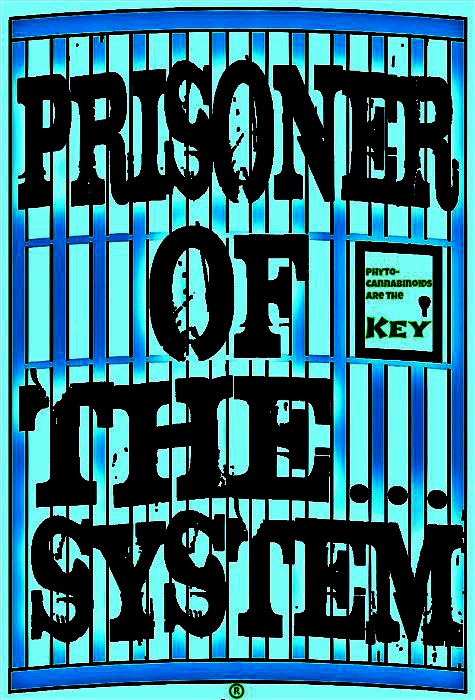2009 Mar;72(3):311-3. doi: 10.1016/j.mehy.2008.09.047. Epub 2008 Nov 21.
Activation of CB2 cannabinoid receptors: a novel therapeutic strategy to accelerate osseointegration of dental implants.
Abstract
 Dental implants have been widely inserted in jaw bones as substitutes for teeth to restore oral function over the last few decades, but there still remains a major challenge in difficult clinical situations with poor bone quality and quantity or some diseases like osteoporosis. In the meantime, the bone healing phase and convalescence time after dental implantation should be curtailed to reduce the inconvenience for patients. The osseointegration has been considered the most appropriate bone-implant interface and is crucial for the clinical success of dental implants. The endocannabinoid system is present in some mammalian organs and tissues. Recently, endocannabinoids and their receptors, CB2 cannabinoid receptors, have been discovered in the skeleton. Osteoblasts, the bone-forming cells, and osteoclasts, the bone-resorbing cells, synthesize the endocannabinoids anandamide and 2-arachidonoylglycerol (2-AG) and express CB2 cannabinoid receptors. The activation of CB2 contributes to the maintenance of bone mass by stimulation of osteoblastic bone formation and inhibition of osteoclastic bone resorption. Therefore, we hypothesize that the activation of CB2 with a CB2-specific agonist, such as HU-308, might be a novel therapeutic strategy to accelerate osseointegration of dental implants. HU-308, incorporated into dental implants, might be a desirable agent used in implant dentistry for a higher clinical success rate and a curtailed convalescence time.
Dental implants have been widely inserted in jaw bones as substitutes for teeth to restore oral function over the last few decades, but there still remains a major challenge in difficult clinical situations with poor bone quality and quantity or some diseases like osteoporosis. In the meantime, the bone healing phase and convalescence time after dental implantation should be curtailed to reduce the inconvenience for patients. The osseointegration has been considered the most appropriate bone-implant interface and is crucial for the clinical success of dental implants. The endocannabinoid system is present in some mammalian organs and tissues. Recently, endocannabinoids and their receptors, CB2 cannabinoid receptors, have been discovered in the skeleton. Osteoblasts, the bone-forming cells, and osteoclasts, the bone-resorbing cells, synthesize the endocannabinoids anandamide and 2-arachidonoylglycerol (2-AG) and express CB2 cannabinoid receptors. The activation of CB2 contributes to the maintenance of bone mass by stimulation of osteoblastic bone formation and inhibition of osteoclastic bone resorption. Therefore, we hypothesize that the activation of CB2 with a CB2-specific agonist, such as HU-308, might be a novel therapeutic strategy to accelerate osseointegration of dental implants. HU-308, incorporated into dental implants, might be a desirable agent used in implant dentistry for a higher clinical success rate and a curtailed convalescence time.
- PMID: 19027245
- [PubMed – indexed for MEDLINE]
-
Publication Types, MeSH Terms, Substances
LinkOut – more resources
Full Text Sources



